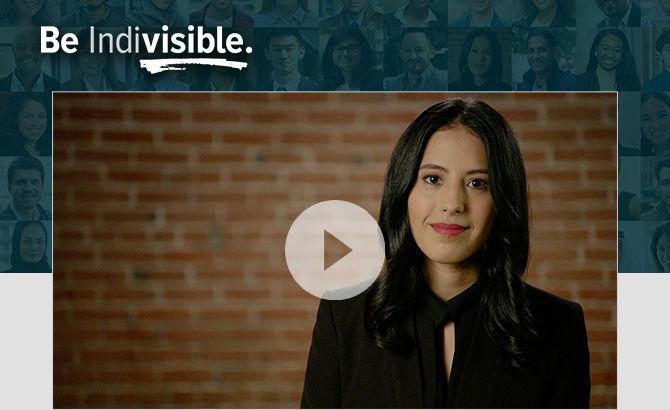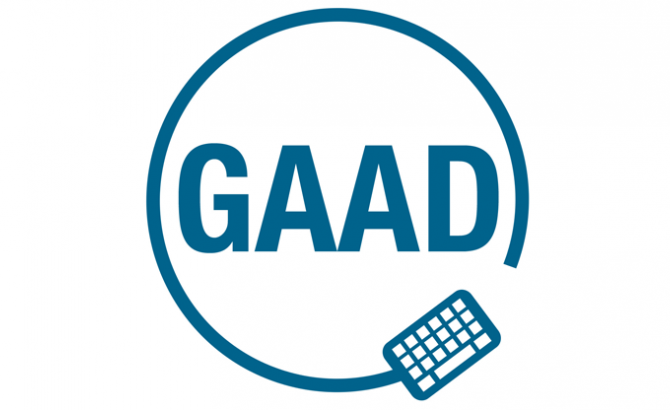A blog exploring all aspects of law and legal education — the future of the legal profession, access to justice, diversity and inclusion, testing and assessment, law and technology, and more.
Displaying 7 of 87
Today, July 26, is the 29th anniversary of the Americans with Disabilities Act being signed into law.
The Law School Admission Test (LSAT) has evolved over the years, but it has remained the gold standard in legal education since it was introduced over 70 years ago. Accepted by every law school in the country, over 100,000 people take it every year, and 99.6% of the people who entered law school last year used the LSAT in their applications.
“The conventional law student is kind of a myth.” That’s Charlie, a law school student who believes empathy is the most valuable skill to develop when pursuing a degree in law. Charlie’s story is one of five featured in the Law School Admission Council’s BE IndiVISIBLE campaign. Being “indivisible” means ...
It’s Global Accessibility Awareness Day, an annual event that focuses on digital access and inclusion for persons with disabilities. The purpose of this day is to get people talking, thinking, and learning about digital access and inclusion, especially as it relates to people with disabilities. The reality is...
Lawyers are leaders, and many people in leadership roles have a legal education. Until relatively recently, though, most law programs did not specifically include leadership development as part of their curriculum. But it’s important to note that even though they may not have been called out as such, many aspects of leadership have always been part of legal education.
With the growing need for “legal engineers” who can harness technology, automation, data analytics, and more to augment their core knowledge of the law, a small but rising number of law schools are taking notice—and action.
Disruption is a big topic today in every industry. Musicians and the music industry are wrestling with the disruption of digital and streaming content.




